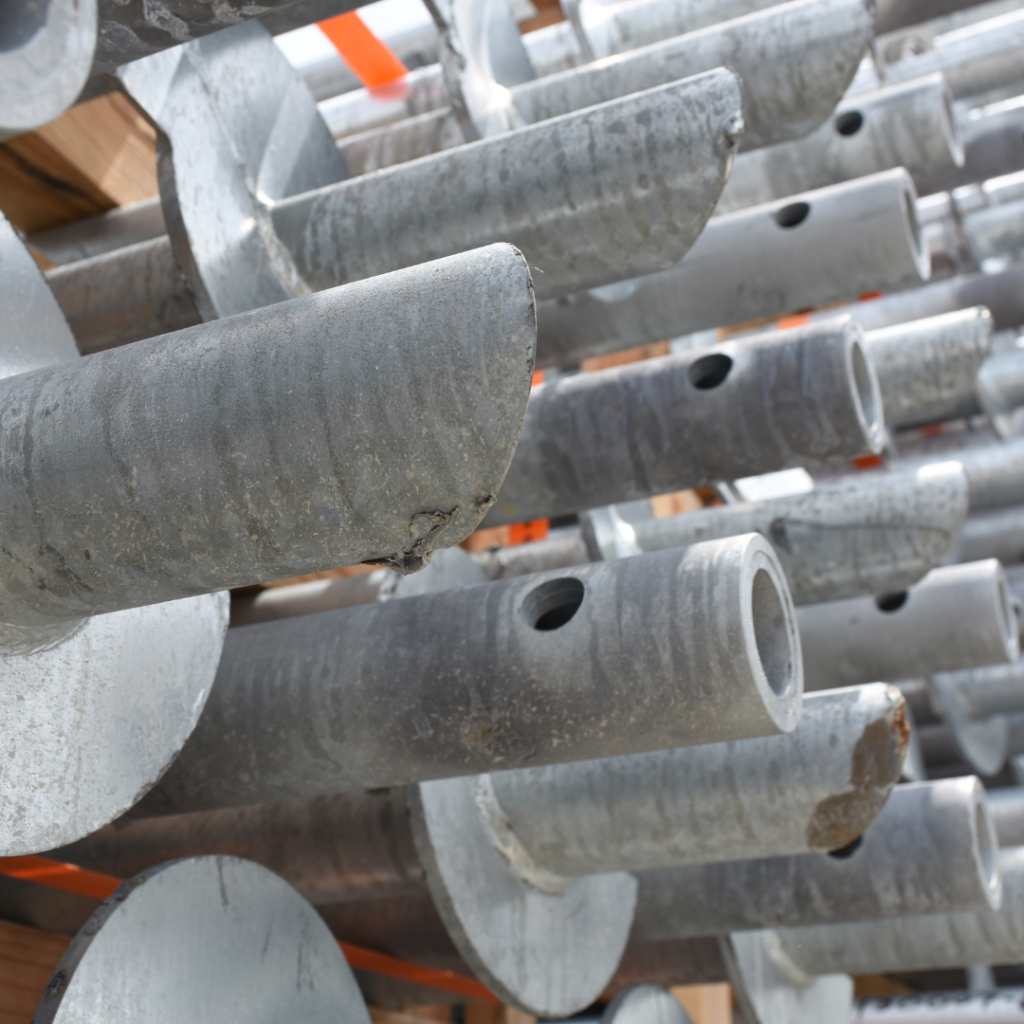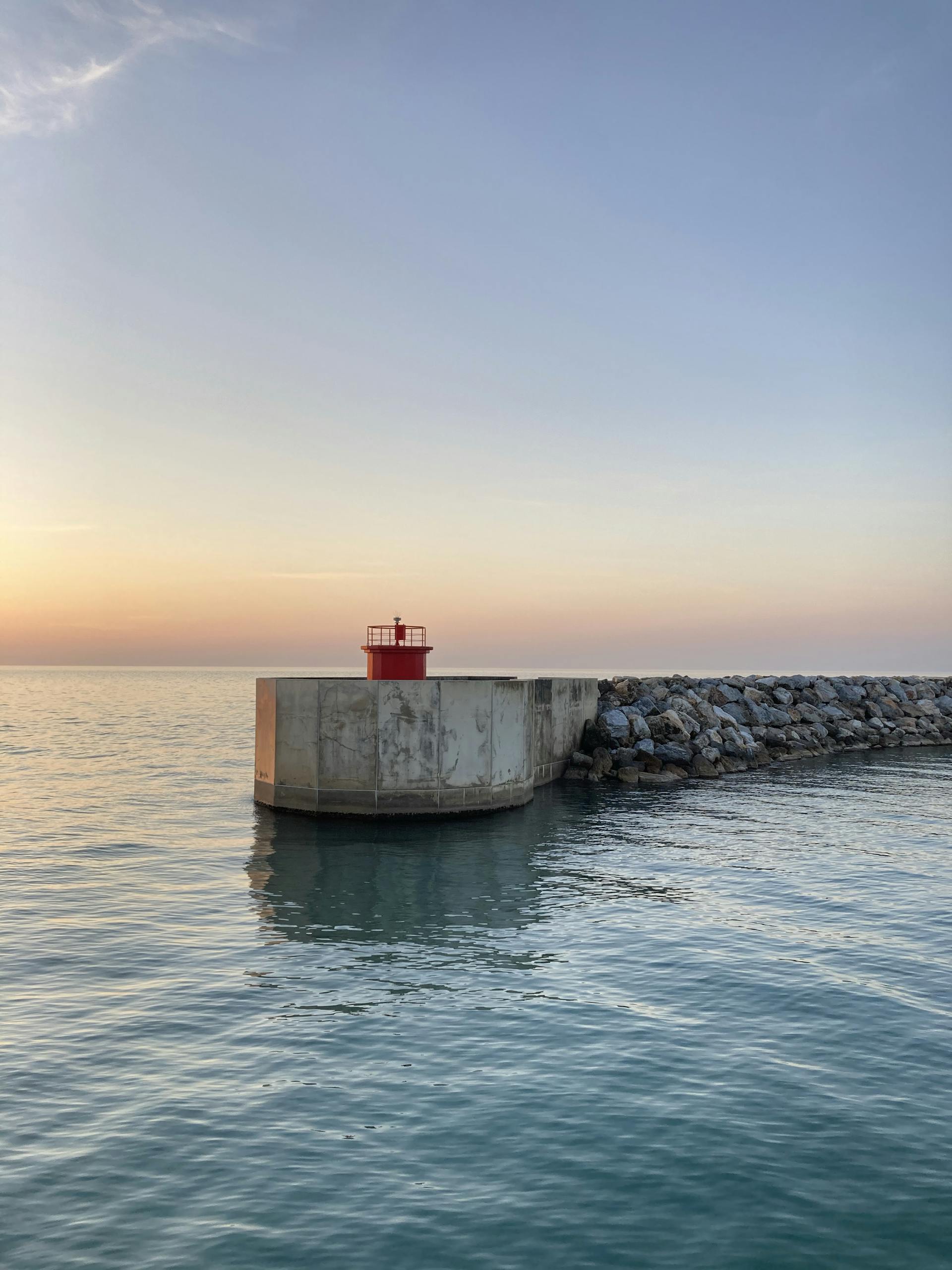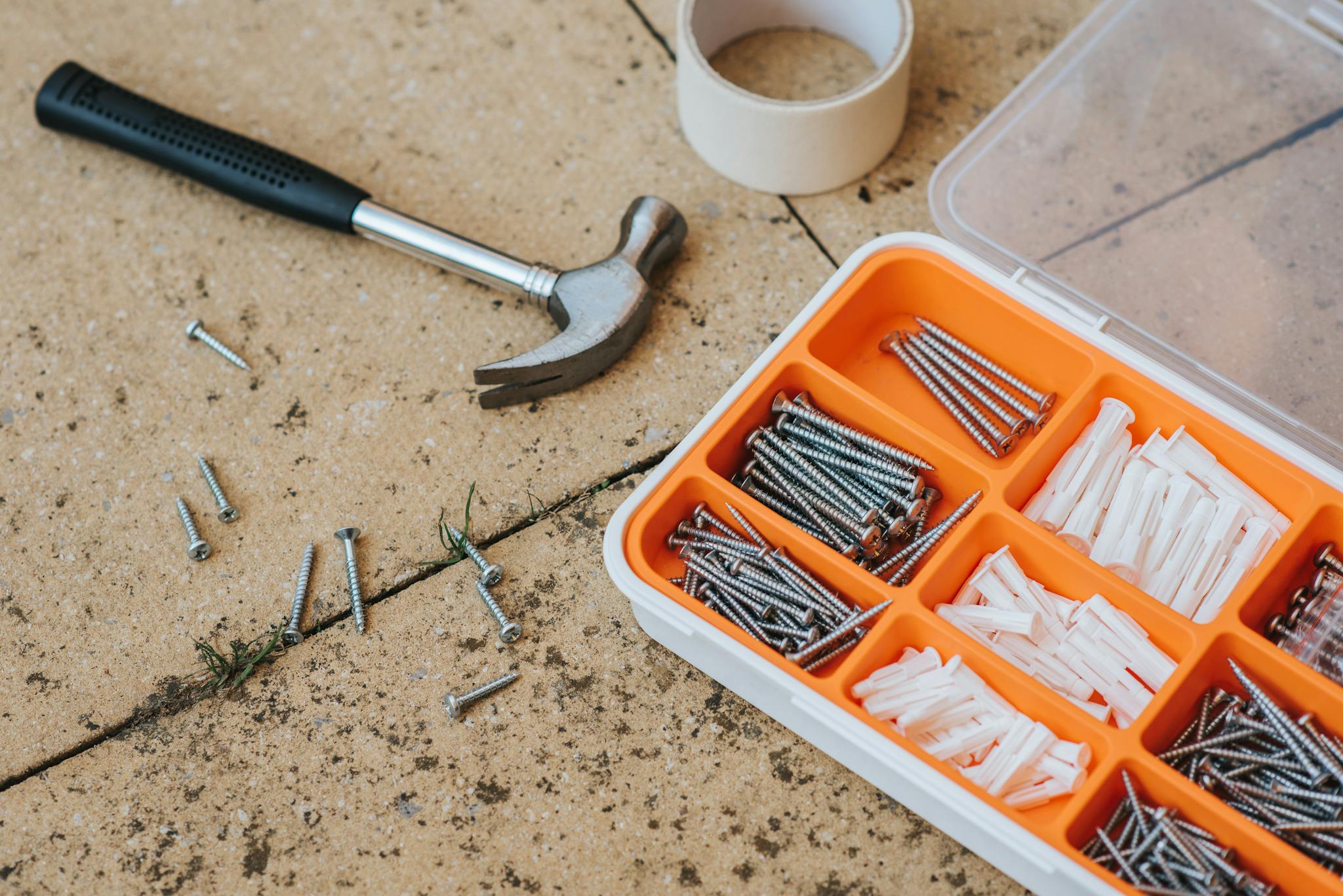Helical Piers: An Innovative Foundation Solution
Helical piers, also known as screw piles, are hollow steel shafts with helical blades that are twisted into the ground to provide support for structures. They are commonly used in areas with unstable soil conditions, such as soft clay or sandy terrains, where traditional foundation methods may not be suitable. Helical piers offer a strong and stable foundation solution, resisting uplift forces and providing increased load-bearing capacity. Their installation is efficient and minimally disruptive, making them an excellent choice for both new construction and foundation repair projects.

Helical Piers
Helical piers, also known as screw piles, are used to support structures without traditional deep foundations. They are made of steel shafts with helical flights screwed into the ground for stability and weight-bearing. Commonly used in poor soil conditions or limited access areas for quick building solutions.

Helical Tiebacks
Helical tiebacks stabilize and strengthen structures by drilling anchors deep into the ground and attaching them to the foundation wall, preventing settling or shifting. Ideal for situations where traditional methods may not work, these tiebacks offer long-term stability and support.

Soil Screws
Soil screws are an environmentally friendly and dependable method for securely anchoring structures in the ground. They are especially effective in loose or sandy soil, allowing for quick installation without causing harm to the environment.

Summary of Helical Piers
Helical piers, also known as helical piles, are steel shafts with helical blades that are screwed into the soil to provide foundation support. These piers are an effective solution for stabilizing foundations in various soil conditions. Helical tiebacks serve a similar purpose but are used to reinforce retaining walls, especially in areas with limited access or where traditional anchoring methods are not feasible. Soil screws, on the other hand, are smaller helical anchors designed for lighter-duty applications such as securing slopes, fences, or other structures to the ground. All three of these helical products offer a cost-effective and efficient way to address foundation and stabilization challenges.
